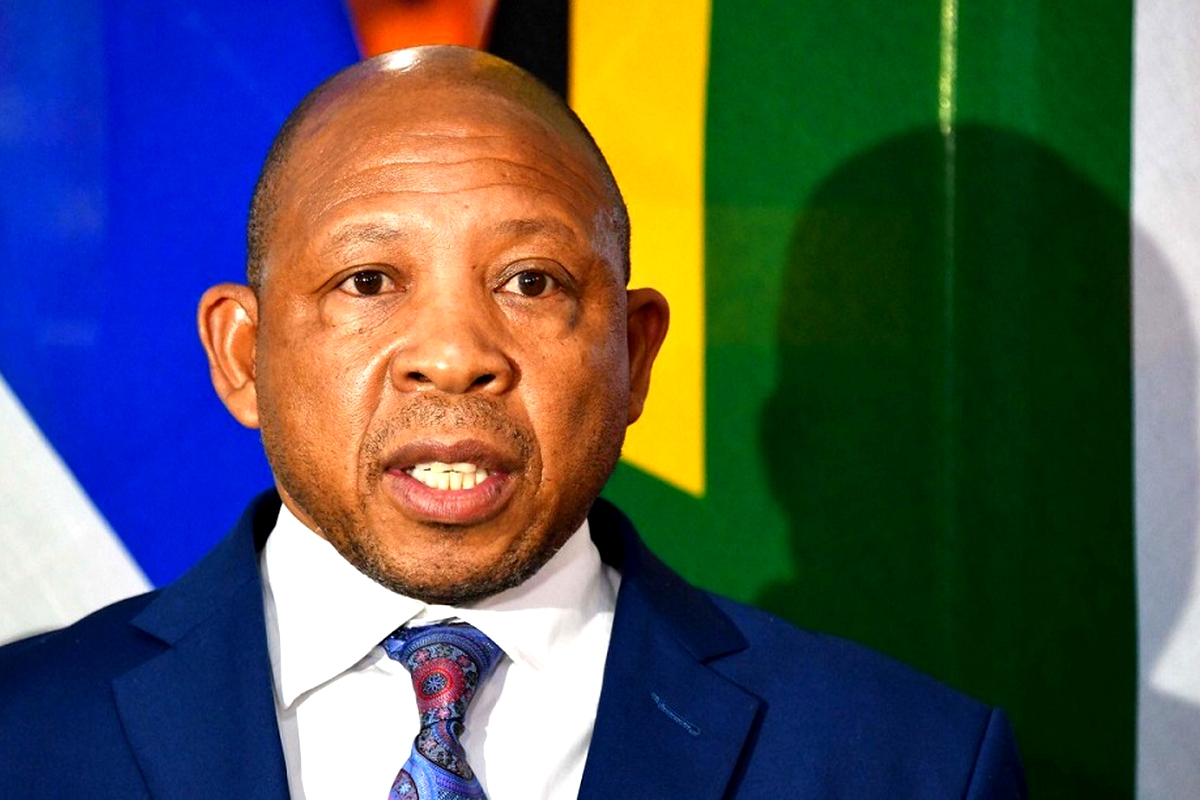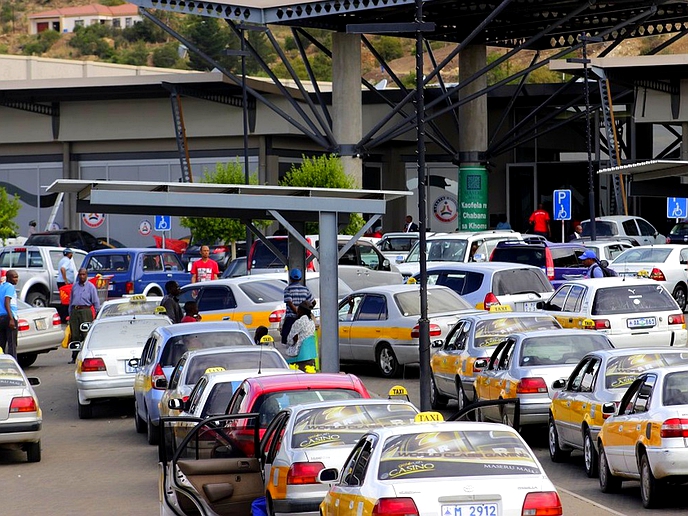PRIME Minister Dr Moeketsi Majoro has relaxed lockdown restrictions, moving the country from the dangerous red colour code to the orange colour code starting from Tuesday midnight.
business
Feb. 5, 2021
NEO SENOKO
3 min read
Economy slightly opens

Prime Minister Dr Moeketsi Majoro
This is despite the country still remaining at high risk of the COVID-19 pandemic that has already killed 172 people across Lesotho.
The pandemic is currently at the community transmission stage.
The premier said despite the high risk, it is necessary for the economic activity to slightly open as people cannot stay indoors forever with nothing to eat.
“The severity is still at a danger zone and that puts the country at high risk, but the government has concluded to put the country under a relaxed lockdown to adjusted orange stage mitigation measures,” Majoro announced on Tuesday.
But people should exercise caution, he said.
For the past three weeks, the economy was shut down under the red colour code, leaving only essential services operating.
Economic activities that include tourism, alcohol sale and restaurants were not allowed to operate under the red colour code.
Street vendors were also not allowed to sell their ware on the streets.
In retaliation, the hawkers took the government to court challenging its decision to prevent them from trading during the lockdown period.
One of their main arguments in their court papers is that they are starving as their livelihoods have been brought to an abrupt end by the government through the lockdown.
They further argue that there are no contingency plans to assist them, notwithstanding the fact that their businesses are closed.
“There are no coherent reasons why onion, cabbage, tomato and apples are deemed essentials only when in the shops and nonessential when on the streets. The street vendors are only placed at competitive disadvantage to the shops for no good grounds,” they argue in the court papers
The case is still pending in court.
On Tuesday however, the prime minister announced that things will be different as various sectors of the economy will be allowed to operate during the day, adding that the ongoing curfew will still persist, although it will run between 5am and 9pm.
Enjoy our daily newsletter from today
Access exclusive newsletters, along with previews of new media releases.
“The spread and severity of risk of the coronavirus is now at the community transmission level of the risk determination framework throughout the country, though at a decreased rate.
“The weekly positive rate is declining from 47 percent on 03-09 January week that led to a hard lockdown of red (high community transmission) stage to 32 percent, 36 percent and now 31 percent in the following weeks respectively but still higher than and more than the required 5 percent as required by the World Health Organisation (WHO) protocols,” Dr Majoro also said.
Under the orange colour code, restaurants and fast foods are open but operate with take-away only. Street vendors are also permitted to operate but should observe COVID-19 protocols. Clothing stores and hospitality industry are also allowed to operate.
On the other hand, schools and institutions of higher learning remain closed except for those that write external exams. Churches are open but with occupancy of only 25 percent capacity of the church.
Tailored for you






